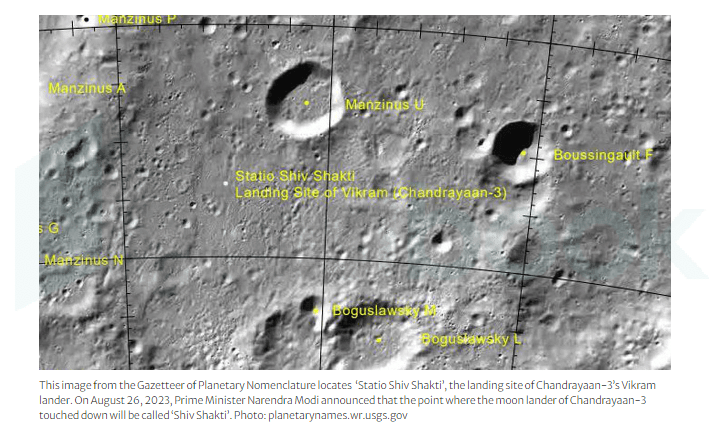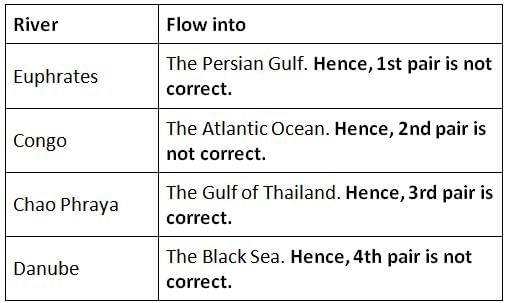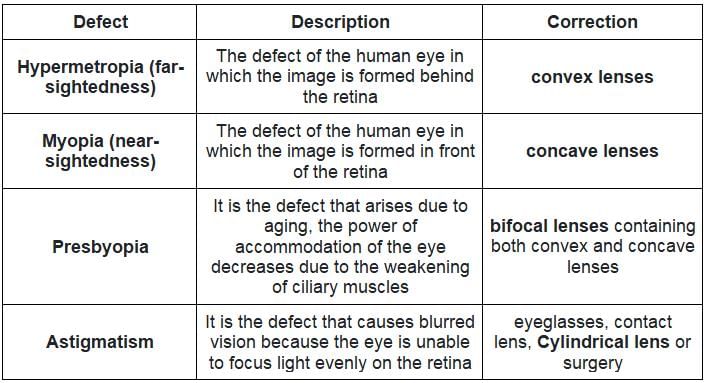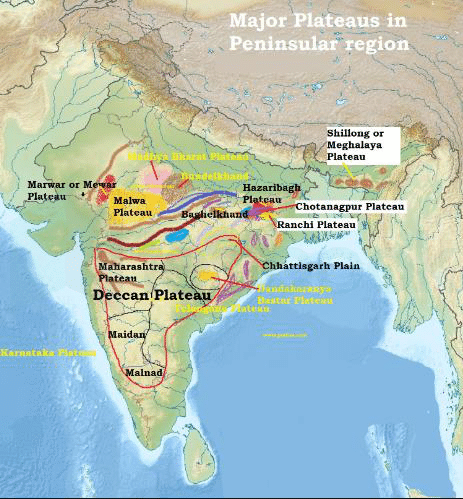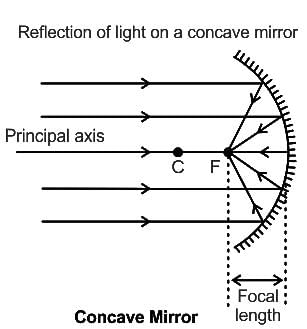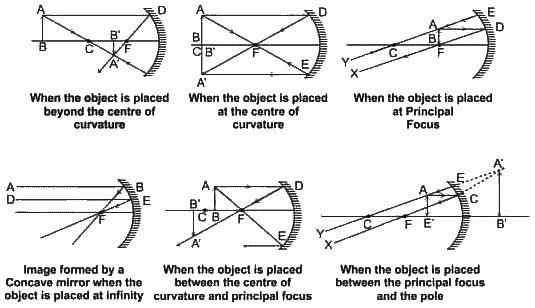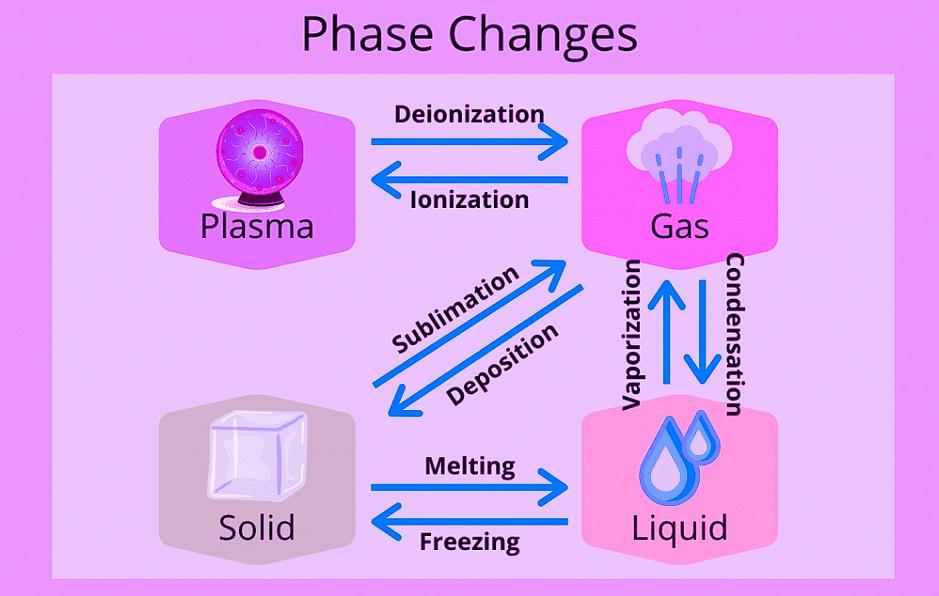General Knowledge Mock Test - 1 - CDS MCQ
30 Questions MCQ Test CDS (Combined Defence Services) Mock Test Series 2024 - General Knowledge Mock Test - 1
Which of the following is included in broad money?
1. Currency
2. Demand deposits
3. Savings deposits with the post office
4. Time deposits with commercial banks
Select the correct answer using the code given below.
Consider the following statements about the Statio Shiv Shakti:
1. The name 'Station Shiv Shakti' for the landing site of Chandrayaan-3’s Vikram lander on the Moon was chosen by the Indian Space Research Organization (ISRO) in collaboration with the International Astronomical Union (IAU).
2. The Gazetteer of Planetary Nomenclature documents all IAU-approved names for topographic and albedo features on planets and satellites.
Which of the statements is/are correct?
| 1 Crore+ students have signed up on EduRev. Have you? Download the App |
Consider the following Assertion and Reason in the context of Delhi Sultanate:
Assertion (A): The Sultans may not have been too eager to encourage largescale conversion.
Reason (R): The increasing conversion could lead to a loss of revenue, as jizya paying citizens could cease to pay the tax on conversion to Islam.
Consider the following statements regarding Earth Hour:
1. It is an annual global event observed on the last Saturday of March marked by switching off non-essential electric lights, for one hour.
2. It is organized by the International Energy Agency in association with UNEP.
Which of the statements given above is/are correct?
Which of the following statements as per the Universal Declaration of Human Rights' is/are correct?
1. The Declaration provides provides that everyone has a right to seek and enjoy in other country's asylum from prosecution in respect of political crimes.
2. The Declaration provides that everyone has the freedom from arbitrary deprival of nationality, except for the freedom to change nationality.
Select the correct answer using the code given below.
Given below are two statements, one is labelled as Assertion (A) and the other as Reason (R):
Assertion (A): The Theosophical society gained popularity among the common masses.
Reason (R): Society believed that a special relationship could be established between a person's soul and God through prayer.
Select the correct answer using the codes given below.
Consider the following pairs:
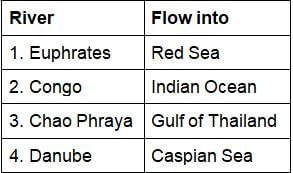
Which of the pairs given above is/are correctly matched?
Which of the following is a not a defect of vision?
Which of the following statements with regard to the Indian Peninsular Plateau is/are correct?
1. Roughly triangular in shape with its base coinciding with the southern edge of the great plain of North India.
2. It is a highly stable block composed mostly of the Archaean gneisses and schists.
3. The trough of the Narmada and Tapti is interposed between the Vindhyan and the Satpura ranges.
Select the correct answer using the codes given below.
Consider the following statements:
1. The Carbon Disclosure Project (CDP) stands as a global ESG rating agency, evaluating companies' environmental performance, particularly in climate change mitigation, water security, and deforestation.
2. The CDP is a global disclosure system that enables companies, cities, states, and regions to measure and manage their environmental impacts.
Which of the statements given above is/are correct?
Choose the correct answer:
Statement 1: All mammals are vertebrates.
Statement 2: All vertebrates are mammals.
Given below are two statements one is labelled as Assertion (A) and the other as Reason (R):
Assertion (A): Indian goods were charged at very high duty in Britain.
Reason (R): Due to higher prices Indian goods were not popular in England.
Select the correct answer from the codes given below.
Match the Image formation by a concave mirror for different positions of the following object:
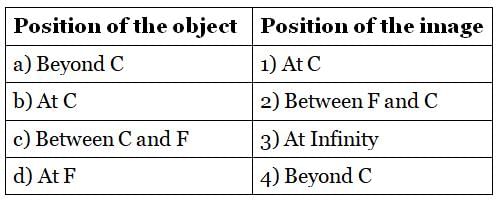
Consider the following Assertion and Reason in the context of Delhi Sultanate:
Assertion (A): Muhammad Tughluq conferred honours and high appointments upon foreigners, converted Hindus, members of Sufi families, Afghans and even Mongols.
Reason (R): He wanted to weaken the old nobility and set up a new order of office-holders of heterogeneous racial origins.
The Permanent Settlement of 1793 by the British in India affected the traditional Panchayats by:
In which year Regulating Act passed by the British Parliament to regulate the activities of the East India Company?
What does the Right to Equality in the Indian Constitution signify?
(a) All persons are equal before the law.
(b) Citizens can be discriminated against based on religion, caste, or sex.
(c) Every person has access to all public places including playgrounds, hotels, and shops.
(d) The State can discriminate against anyone in matters of employment.
Recently, Operation AMRITH was seen in the news. Which of the following statement about it is incorrect?
Identify the correct statements from the following:
(a) Sodium reacts vigorously with water to produce hydrogen gas.
(b) Gold reacts with oxygen at room temperature to form an oxide layer.
Arrange the following battles in their correct Chronological order
A. Battle of Arbela
B. Battle of Pallalur
C. Battle of Tarain
D. Battle of Takkolam
E. Battle of Hydaspes
Choose the correct answer from the options given below:
A transition from the solid to gas phase with no intermediate liquid phase is known as-
Consider the following statements about Project GR00T:
1. Project GR00T is a general-purpose foundation model for humanoid robots.
2. It is launched by Nvidia under its AI facility program.
Which of the statements given above is/are correct?
In ancient India, the term 'satr' was used for which of the following?
Consider the following statements regarding footloose industries:
1. Footloose industries enjoy relatively a free choice of location.
2. These industries are generally polluting industries.
Which of the statements given above is/are correct?
Consider the following statement with reference to human development.
1. According to the 2011 census, states with higher per capita income have recorded a higher child sex ratio.
2. Increase in per capita GDP necessarily results in poverty reduction.
Which of the statements given above is/are correct?
With reference to the Swadeshi Movement, which of the following statements is/are correct?
1. Indian National Congress under the Presidentship of G.K.Gokhale formally approved the Swadeshi Movement at Calcutta session in 1905.
2. Bal Gangadhar Tilak gave a call for Rakhi Bandhan as a token for Hindu-Muslim unity.
Consider the following statement about Spotted dear:
1. It is also known as sambar and is native to the Indian subcontinent.
2. It is associated with evergreen forests only.
3. It is categorized as a vulnerable species in the IUCN red list.
How many of the statements given above are correct?
In the context of economic geography, consider the following statements regarding 'Technopolis':
1. These are high-tech industries that are regionally concentrated, self-sustained and highly specialised.
2. White-collar workers make up a large share of the total workforce.
Which of the statements given above is/are correct?
|
23 docs|73 tests
|
|
23 docs|73 tests
|


